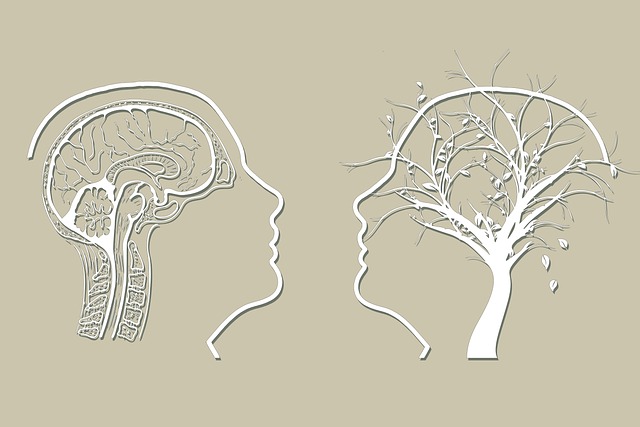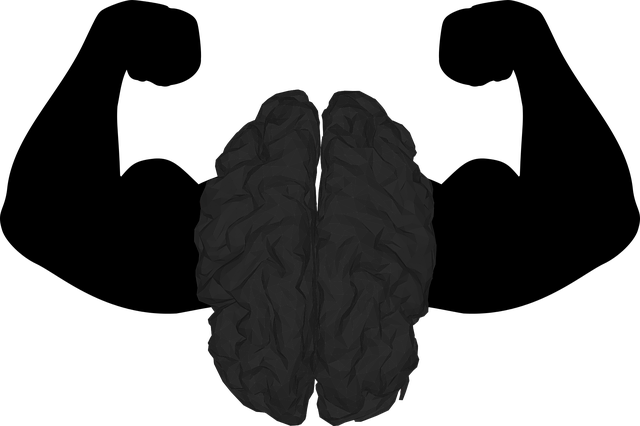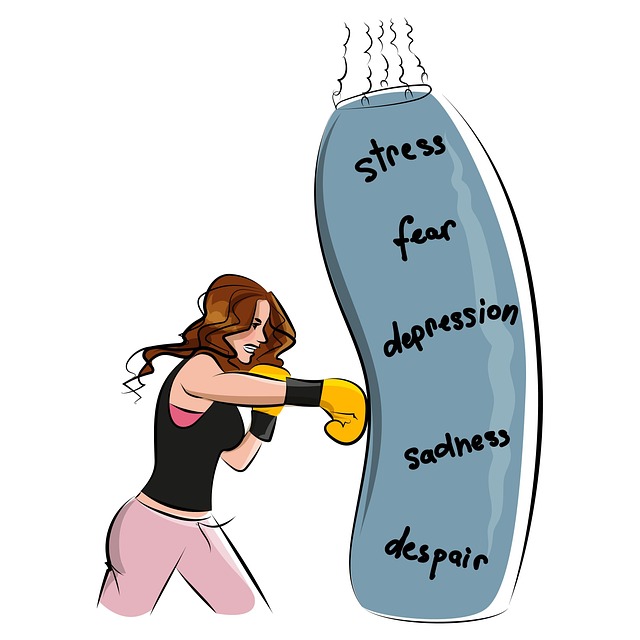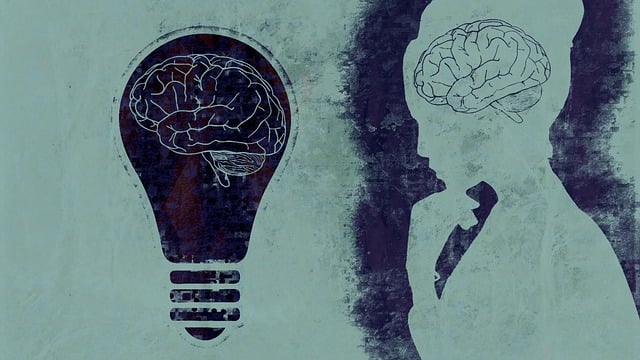Northglenn Abuse Survivors Therapy (NAST) offers a specialized support network for individuals struggling with mental health challenges, especially trauma and abuse survivors. Their 24/7 hotline provides confidential, compassionate care using evidence-based practices to create a non-judgmental space for sharing stories. NAST connects survivors with peers, fostering camaraderie and community, empowering them to manage stress, anxiety, and trauma symptoms through healing and improved well-being. Through community outreach, education, and self-care promotion, NAST bridges gaps in mental health support, reducing crisis instances.
“In times of mental health crisis, immediate support can be a lifeline. This article explores an essential resource: the Northglenn Abuse Survivors Therapy (NAST) hotline, offering emergency assistance in a safe, confidential space. We’ll guide you through understanding NAST’s unique role, providing practical steps to access their services, and delving into the impact and challenges of crisis hotline support globally. By shedding light on these vital services, we aim to encourage community outreach and ensure those in need receive the help they deserve.”
- Understanding Northglenn Abuse Survivors Therapy: A Safe Space for Emergency Support
- How to Access the Mental Health Crisis Hotline: Steps and Resources
- The Impact and Challenges of Crisis Hotline Services: A Look at Community Outreach
Understanding Northglenn Abuse Survivors Therapy: A Safe Space for Emergency Support

Northglenn Abuse Survivors Therapy (NAST) offers a dedicated and safe space for individuals facing mental health crises, particularly those who have experienced abuse or trauma. This therapeutic environment is designed to provide immediate support and emergency assistance to those in need. Trained professionals at NAST employ compassion cultivation practices to create a non-judgmental atmosphere, ensuring clients feel heard and understood. By fostering a sense of safety, the hotline enables individuals to access valuable resources for managing stress and anxiety relief, which are common yet challenging aspects of recovering from abuse.
Through this service, clients can connect with peers who have gone through similar experiences, offering a unique form of support and camaraderie. NAST’s approach combines evidence-based therapy techniques with a deep sense of community, empowering survivors to navigate their crises and take steps towards healing. This holistic method caters to the complex needs of individuals dealing with abuse-related trauma, aiming to improve their overall well-being.
How to Access the Mental Health Crisis Hotline: Steps and Resources

Accessing a mental health crisis hotline is an essential step towards getting immediate support and guidance during a challenging time. If you or someone you know is experiencing a mental health crisis, here’s what to do:
1. Identify Your Need: Recognize the signs of a mental health emergency, such as severe depression, anxiety, suicidal thoughts, or sudden mood changes. Understand that it’s okay to reach out for help; in fact, it’s a sign of strength.
2. Locate Resources: One reliable resource is Northglenn Abuse Survivors Therapy (NAST), which offers dedicated support services. Their hotline provides confidential and non-judgmental assistance 24/7. You can also find local crisis lines through online directories or by asking your primary healthcare provider.
3. Call the Hotline: When you’re ready, dial the number. Prepare to share your feelings and experiences with a trained professional who will offer support and resources tailored to your situation. Remember, self-care practices like maintaining a routine, engaging in activities that improve self-esteem, and developing a healthy self-care routine for better mental health are essential steps to manage crises effectively.
The Impact and Challenges of Crisis Hotline Services: A Look at Community Outreach

Crisis hotline services play a pivotal role in providing immediate support and guidance to individuals facing mental health crises. Community outreach programs, such as those offered by Northglenn Abuse Survivors Therapy (NAST), are essential components of this effort. By reaching out directly to communities, these services bridge the gap between vulnerable populations and much-needed assistance.
One of the key challenges is ensuring that support is accessible and tailored to diverse cultural needs. NAST’s approach focuses on building inner strength and fostering self-awareness exercises, which are crucial in depression prevention. Through community engagement, they address common barriers to care, including stigma and lack of awareness. By educating individuals on available resources and promoting self-care practices, these initiatives empower people to take proactive steps towards managing their mental well-being, ultimately reducing the frequency and impact of crises.
Northglenn Abuse Survivors Therapy (NAST) serves as a beacon of hope during mental health crises, providing immediate and safe support through its dedicated hotline. By offering emergency interventions and resources, NAST empowers individuals facing emotional turmoil. The organization’s focus on community outreach ensures that help is accessible to all, fostering a network of care. As highlighted in this article, crisis hotline services play a vital role in saving lives and should be readily available for those in need, making it crucial to support and expand such initiatives.














